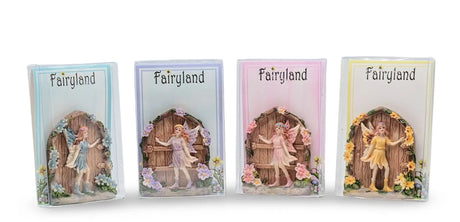Skulls have long been a powerful symbol in various cultures and societies throughout history. From ancient civilizations to modern subcultures, the skull holds a deep and multifaceted meaning. In this blog post, we will explore the symbolism behind the skull and uncover its significance in different contexts.
1. Symbol of Mortality
One of the most common interpretations of the skull symbol is its association with mortality. The skull serves as a reminder of the impermanence of life and the inevitability of death. It is a potent symbol that encourages individuals to contemplate the transient nature of existence and embrace the present moment.
2. Representation of Transformation
While the skull is often associated with death, it also symbolizes transformation and rebirth. In many cultures, the skull is seen as a vessel for the soul, transcending physical boundaries and embodying the eternal essence of life. It serves as a powerful reminder that death is not an end, but rather a gateway to a new beginning.
3. Sign of Wisdom and Knowledge
In certain traditions, the skull is revered as a symbol of wisdom and knowledge. It represents the accumulation of wisdom acquired throughout one's lifetime. The skull's empty eye sockets and hollow interior signify the removal of superficial distractions, allowing for a deeper understanding of the world and oneself.
4. Emblem of Rebellion and Nonconformity
The skull has also become an emblem of rebellion and nonconformity in contemporary culture. It is often associated with countercultural movements and subversive ideologies. By embracing the skull symbol, individuals express their rejection of societal norms and their desire to challenge the status quo.
5. Protective Talisman
In some cultures, the skull is believed to possess protective qualities. It is seen as a talisman that wards off evil spirits and negative energies. The skull's intimidating appearance serves as a deterrent to malevolent forces, ensuring the safety and well-being of its bearer.
6. Celebration of Life
Contrary to its association with death, the skull can also be seen as a celebration of life. In certain festivals and traditions, such as the Mexican holiday Dia de los Muertos (Day of the Dead), skulls are adorned with vibrant colors and intricate designs. This joyful approach to the skull symbolizes the belief that death is not a somber occasion, but rather a time to honor and remember loved ones who have passed away.
As we can see, the skull symbol holds a myriad of meanings, ranging from mortality and transformation to wisdom and rebellion. Its significance varies across cultures and contexts, making it a truly fascinating symbol to explore. Whether you perceive the skull as a reminder of life's fleeting nature or a rebellious statement, its enduring presence in human history is a testament to its enduring power.











